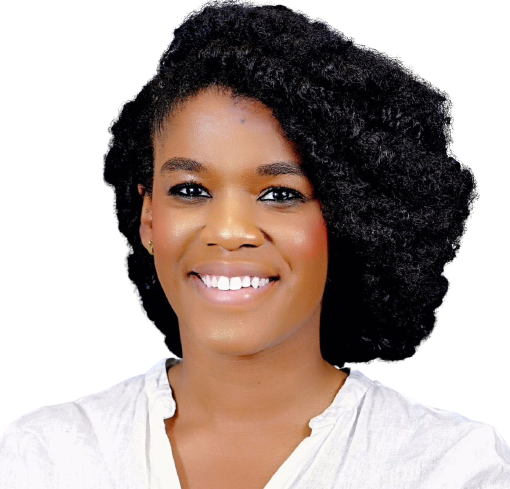
Onyeka Otugo graduated from Harvard Kennedy School in 2021 with a Master’s in Public Administration. She is an Attending Physician and Director of Research in the Office of Inclusion, Diversity, Equity, and Social Justice (IDEaS) in the Department of Emergency Medicine at Brigham and Women’s Hospital with an interest in health policy, racial health disparities, and access to care issues. Onyeka grew up in the Washington, DC Metropolitan area and is a child of first-generation immigrants. She was motivated to pursue medicine and address health disparities from losing family members due to inadequate access to healthcare. As a physician, she firmly believes that systemic racism is the number one factor for differential health outcomes, which include Black maternal health and chronic diseases. As a Black woman in medicine, she belongs to a group that has been medically underserved and hopes to address these disparities through increasing representation. However, she quickly learned that it is often difficult for Black women who look like her to navigate medicine because of intersectionality. She has continuously been overlooked because she “did not look like a doctor.” Only 2% of Black women are physicians with similar percentages, also seen amongst academic and c-suite leadership. Mentorship helps delineate the path for these leadership roles; however, Black women are often under-mentored. Onyeka’s social innovation will create a mentorship program for Black women physicians who are interested in pursuing leadership roles in medicine. Having diverse physicians, as well as leadership positions, has been shown to improve patient care and prioritize addressing health inequities. In order to improve healthcare and health outcomes for all patients, especially Black women, mentorship is needed to increase the visibility, retention, and promotion of Black women physicians.